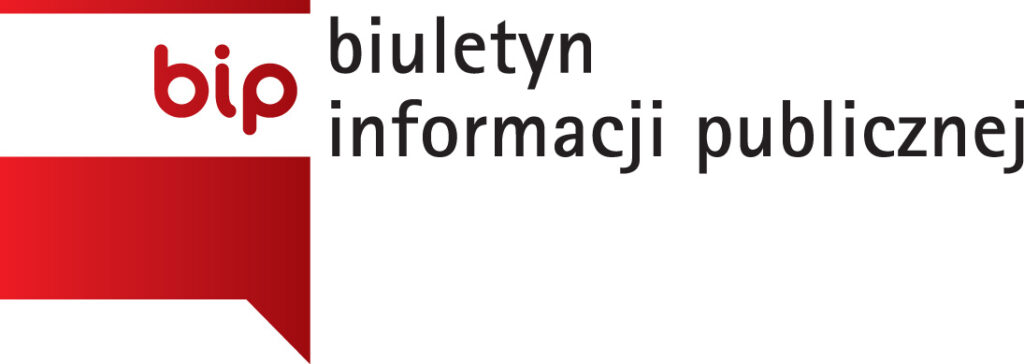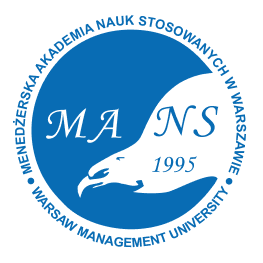
„.. The EU identified several directions in which further solutions were needed as asymmetric dependences were identified and they were not impacting one or several EU states, but they were actually threatening the European security. The philosophy of the EU funds was retailored as states needed concrete solutions to boost their resilience and pave the way for timely recovery. Overlapping the health crisis, the invasion in Ukraine generated other levels of threats and risks to European security, putting states in front of unprecedented decisions. The enlargement process took a different turn offering states in the East, members of the Eastern Partnership the chance to develop their European narrative. Thus, Ukraine and the Republic of Moldova have become candidate states, a fact that had little perspective in the EaP Summit in 2019. The Pandemic and Russia’s invasion in Ukraine are gamechangers in the approach of European security in a multidimensional perspective. Presentations will focus on different approaches on the ways the European security is being redefined, including: new security dilemmas in the context of the war in Ukraine, the asymmetric threats, international relations theories and the new approach in European Security, the transformative role of EU green and digital agenda in defining a more resilient Europe.
Sections: Security dilemmas in the context of the war in Ukraine; Security challenges in a complex environment: geopolitical, environmental, economic, political; Radicalism, xenophobia, discrimination – political and legal challenges; Digital transition & European security; Impact of the pandemic over the international political system; European security and new challenges in the East and Balkans; Combatting disinformation in Central and Eastern Europe – from the communist propaganda to the Russian rhetoric in the Ukrainian war.”





